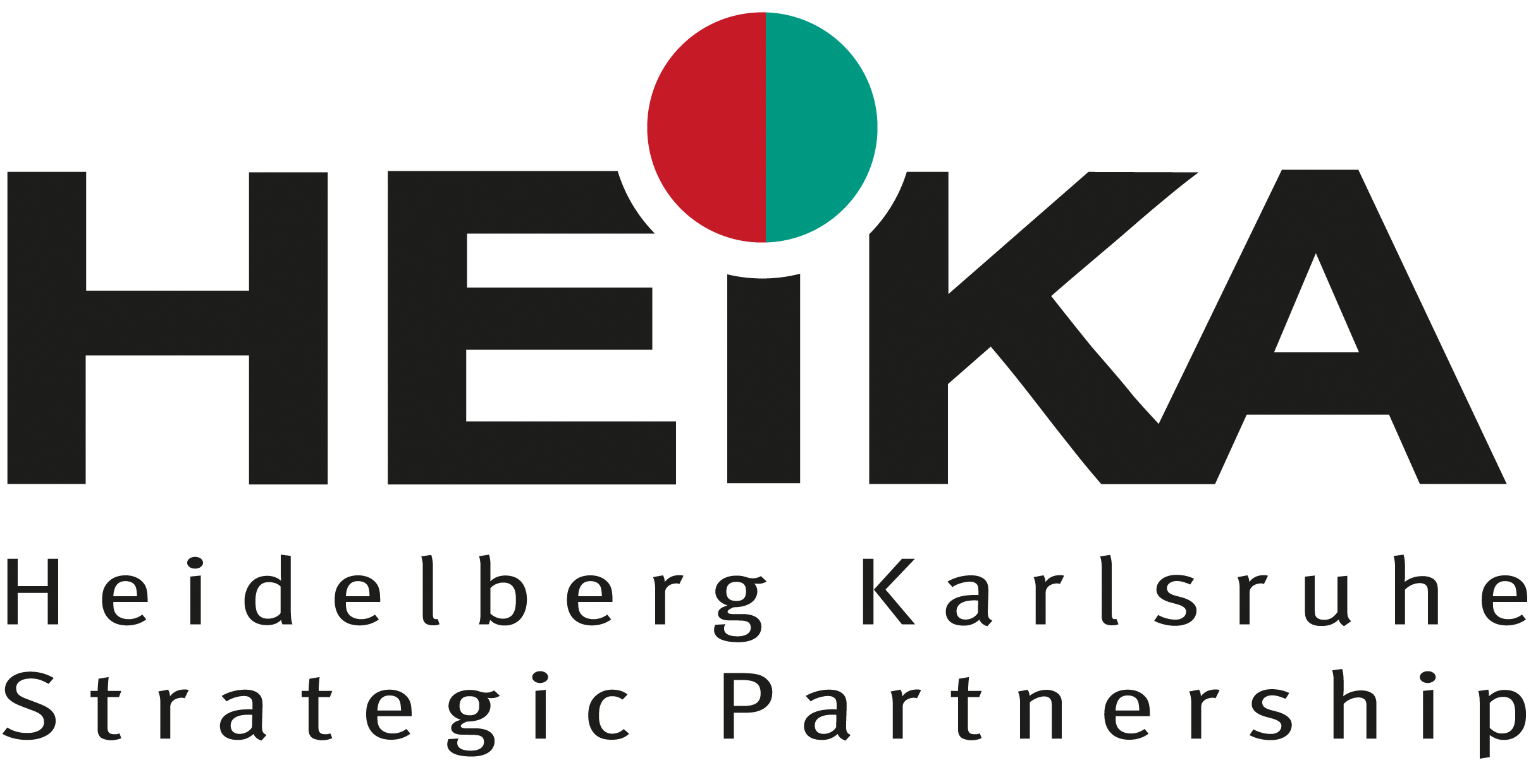In this project, we will design and develop a modular approach to address target-specifically accumulating conjugates consisting of bright fluorescent dyes and target-affine peptides. For this, we will create fluorescent dyes with bright fluorescence in the optimal optical imaging window (targeting the IR range) and derivatize them with functional groups to obtain substances which can be efficiently introduced in various bioactive molecules such as - but not limited to - receptor-affine peptides. On the other side, we will synthesize receptor-specific peptides being able to efficiently address our model receptor system (gastrin-releasing peptide receptor) and chemically modify them to achieve a high stability and appropriate hydrophilicity (depending on the respective fluorescent dye used) to obtain fluorescent drugs with high potential for prospective in vivo imaging.
For this purpose, chemical developments have to be carried out to establish an approach yielding substances with high future potential. The developed model ligands will be characterized regarding their optical properties as well as their hydrophilicity and in vitro stability.
This project complements the activities of the Bräse group within the GRK 2939 - the Wängler group has profound expertise in particular in in vitro evaluations and tumor mouse models which is not present in this depth in the GRK.
In addition, the Wängler group adds radiochemistry expertise lacking in Karlsruhe and its GRK.
Project details
Project management


